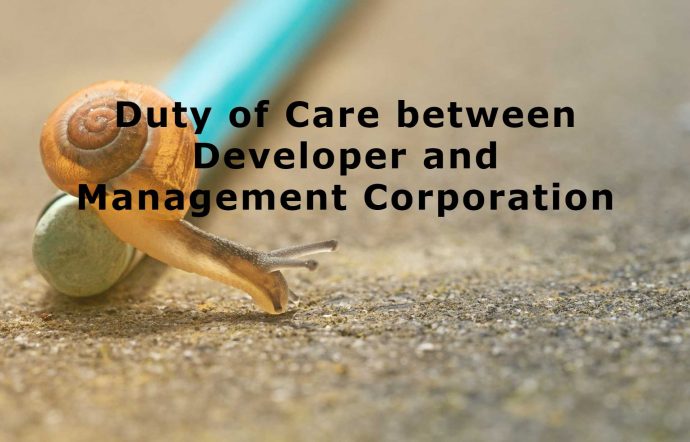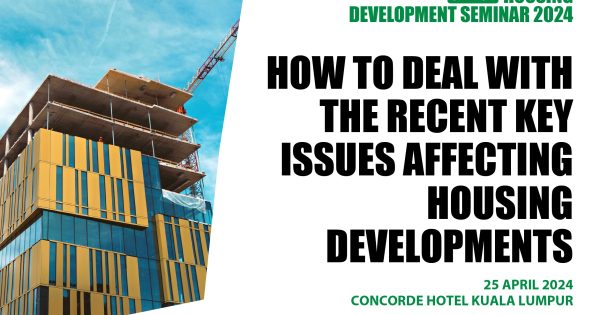Dua Residency Management Corporation v Edisi Utama Sdn Bhd & Anor [2021] 4 MLJU 140
In this recent High Court Case decided by Justice Lim Chong Fong, a pertinent question was asked in proceedings: “whether a developer owes a duty to the Management Corporation?“
Facts:
The Plaintiff is a Management Corporation. A suit is brought against the Developer and the property manager due to latent defects in a high end condominium. Both the Developer and the property manager are subsidiaries of E&O Property Bhd (“E&O”).
Various Defects were raised in pleadings and Plaintiff’s case relied primarily on the reports prepared by the consultants and inspectors appointed by the Plaintiff.
Issues to be tried in that case are:
(a) cause of water leakage;
(b) Plaintiff’s cause of action;
(c) limitation of actions / laches; and
(d) measure of damages.
This case update will only deal specifically with the issue of cause of action. The Plaintiff pleaded 2 causes of action against the Developer:
(a) breach of contract; and
(b) breach of statutory duty of care
One of the issue to be determined was “whether there is a duty of care owed by a Developer to a Management Corporation?”
Decision:
The Learned High Court Judge ruled:
(a) there is no contractual relationship existed between a developer and the Management Corporation in the absence of SPA assigned or novated by the purchasers to the management corporation;
(b) there is no statutory duty owed by the Developer to the Management Corporation through the Street Building and Drainage Act 1974 or the Uniform Building By-Laws 1984. Both these provisions cannot arbitrarily be interpreted to impose a statutory duty upon the Developer which is not within the contemplation of the legislation.
(c) the High Court however went on to affirm the principle of duty of care relying on the Ocean Front’s case (Singapore) and opined that there was sufficient proximity in the relationship between a Developer and the Management Corporation which give rise to the duty to exercise reasonable care in the construction of the common property.
One of the consideration taken for such ruling was because the High Court Judge found that the Developer has been in continuous participation in the maintenance and management of the condominium. It also found that the condominium developed is fraught with defects.
Takeaway:
This novel decision in affirming a duty of care owed by a developer to the management corporation (on defects discovered) is timely and will likely form the basis to claim for latent defects for a Joint Management Body (“JMB”) or Management Corporation against a Developer.



